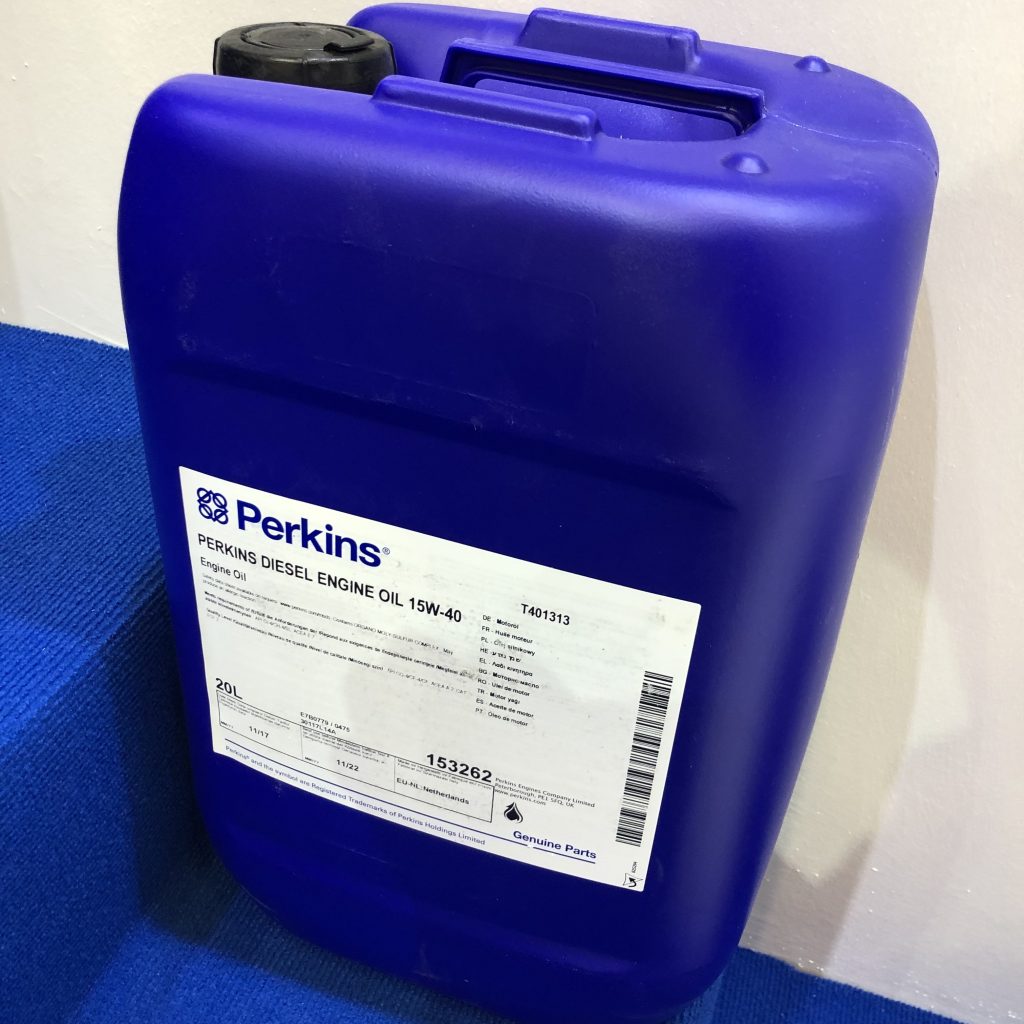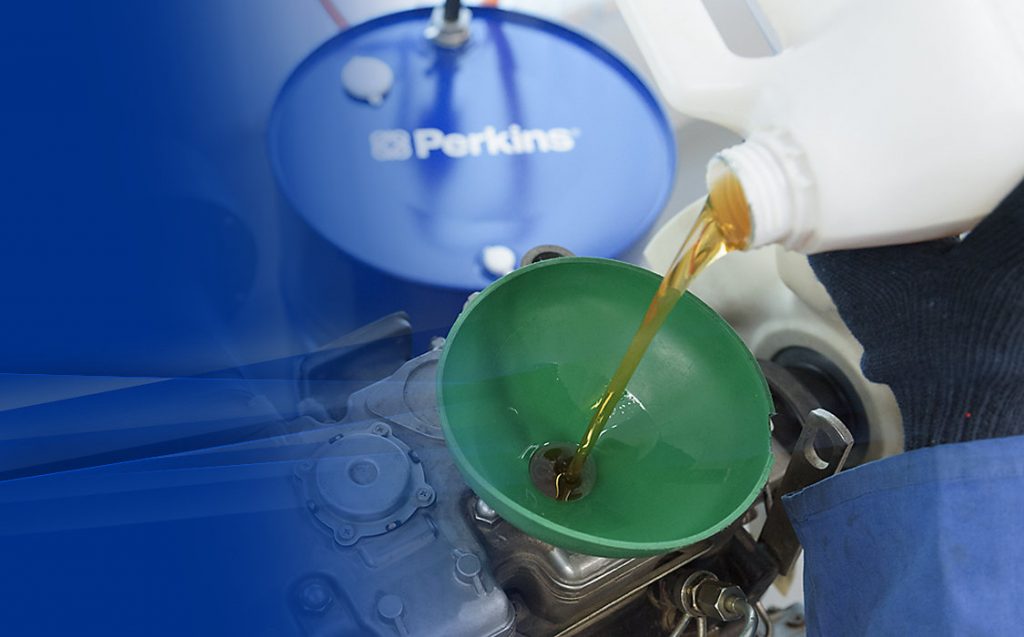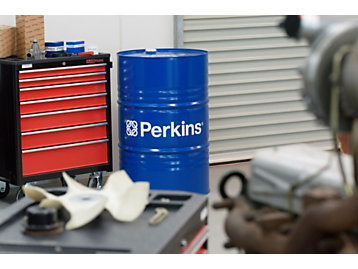Engine Oil
Why Perkins oil is best for your engine
Engines benefit from good quality oil
Many people think engine oils are all the same, and buy the cheapest. Oil quality in fact varies greatly. Lower quality oil will have a shorter working life. Its impact on your engine will be higher fuel consumption and emissions. Ultimately it will shorten your engine’s life. Perkins Engine Oil is the only oil formulated specifically to match the conditions in Perkins engines.
Using a good quality oil is genuinely better for your engine. Choosing cheaper oil is a false economy because it will leave you with greater costs in the long run for repair and maintenance. A good oil, on the other hand, will maximise engine life, control emissions and reduce the cost of maintenance.
Oil’s key role is to lubricate the engine and remove heat. With increasing emissions standards and demands for power efficiency, engine oil has to work harder than ever to protect your diesel engine. Ever more sophisticated engine design and demands for reduced emissions means smaller working tolerances inside the engine, so the quality and performance of the oil becomes more important.
Using a good quality oil is genuinely better for your engine. Choosing cheaper oil is a false economy because it will leave you with greater costs in the long run for repair and maintenance. A good oil, on the other hand, will maximise engine life, control emissions and reduce the cost of maintenance.
Oil’s key role is to lubricate the engine and remove heat. With increasing emissions standards and demands for power efficiency, engine oil has to work harder than ever to protect your diesel engine. Ever more sophisticated engine design and demands for reduced emissions means smaller working tolerances inside the engine, so the quality and performance of the oil becomes more important.
Just because an oil meets the API (American Petroleum Institute) or ACEA (European Automobile Manufacturers Association) standard, it is not necessarily high quality. API and ACEA are a minimum standard, not a quality mark.
Maintaining performance and protection
As well as lubricating and removing heat, the oil reduces engine wear by preventing the build-up of deposits and sludge. With lower-quality engine oils, the levels and quality of additives can be significantly lower, dispersant levels may mean ash and deposits may not be kept in suspension, allowing them to stick to piston and rings. These deposits can attach to pistons and rings, causing cylinder wear, resulting in reduced performance, increased fuel consumption and potentially increased emissions.
Lower oil quality can also lead to problems, with lower levels or lesser quality antioxidants allowing faster oxidation and oil breakdown, producing black sludge and varnish, increasing viscosity and rust and corrosion.
The sludge can block galleries in your engine, leading to hot spots and poor lubrication – problems that cannot then be removed by an oil change.




